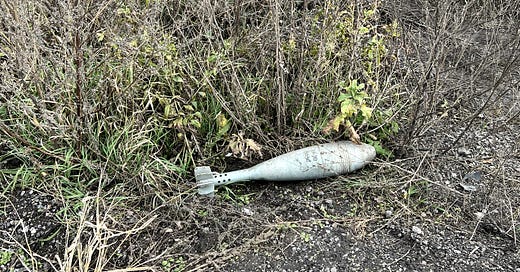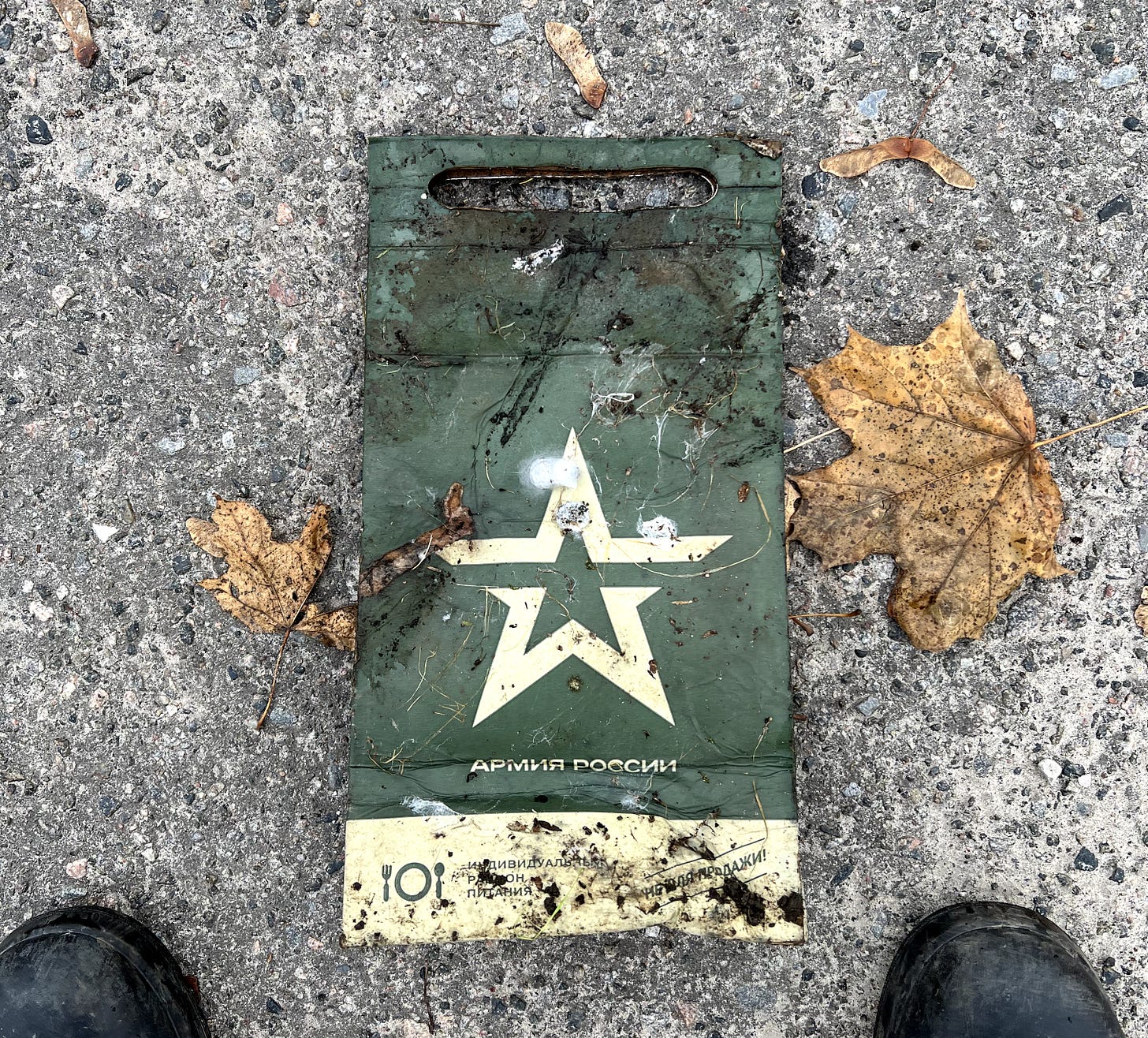Ukraine (IX): Superforecasters prove the wisdom of crowds; we should follow their advice
As in all things, the ultimate prize is peace. To secure it, we must resist any reactionary policies that may escalate regional conflict to imminent existential threat.
The war in Ukraine, currently a regional conflict, risks escalating into an extinction-level event. The international community is underestimating this risk. To provide more clarity, the world should pay closer attention to superforecasters – non-specialists who aggregate Bayesian statistical methods to predict outcomes better than even foremost experts.
Quantitative risk assessments are rightly applied to other global existential threats, such as the effects of climate change. The IPCC, for example, reports a 67% likelihood of limiting temperature warming below 1.5°C by 2050 if we restrict our carbon budget to 400 billion tonnes of greenhouse gas. Probabilistic predictions such as these frame distant threats in terms that heighten our sense of urgency and force us to think more concretely about risk. Superforecasters can help us apply these same heuristics to political risks.
Superforecasters are known for making predictions of public interest with outstanding reliability. Top superforecasting groups received near-perfect Brier scores⸺functions that measure predictive accuracy⸺for their predictions of when and how COVID-related reopenings would unfold early in the pandemic, despite conflicting contemporaneous reports from officials and public health experts. According to Good Judgment Open, superforecasters accurately predicted the outcomes of such events as the United Kingdom’s 2020 no-deal Brexit scenario, the decision to IPO Saudi Arabia’s state gas company, and the imposition of Russian food embargoes against Europe in 2019, to name only a few. In February 2020, superforecasters were off by only one day in their prediction of when global COVID-19 cases would reach 200,000, over a month and a half later.
Samotsvety Forecasts, considered the most reliable such group in the world, currently assigns a 16% probability to Russia using a tactical nuclear weapon in Ukraine within 12 months. The conditional probability of nuclear war scaling beyond Ukraine and into NATO countries is currently assigned 9.6%, a startling figure considering that the stakes are human extinction. Domain specialists do not have a rosier outlook. A senior Obama-era security official recently attributed a 20% chance of a nuclear escalation in Ukraine by year-end.
The wagers vary: 9.6%, 16%, and 20%—yet all are dice I would prefer not to roll.
Putin’s threats should not be blithely dismissed as empty nuclear blackmail. We should proceed firmly, but with warranted caution. Though illegal under international law, Russia's recent annexation of Ukrainian territories plays a legitimate role in increasing the likelihood of nuclear war. With Ukraine recapturing occupied regions in Kherson and Donetsk Oblasts, Russia's territorial defense doctrine provides a veneer of legality to using nuclear weapons.
Should this happen, Western leaders will likely signal enthusiasm for retributive justice. Members of the Washington establishment, such as former CIA director David Petraeus, have already said as much, portending that a NATO collective would “take out every Russian…force that we can see.” Yet any armed retaliation by NATO multiplies the 9.6% probability of nuclear spillover many times over as the opportunity to escalate returns to Putin. Standing down, however, would legitimize the use of nuclear weapons, increase the probability of their proliferation elsewhere in the world, and defer a more elevated existential risk to the future.
We must force Russia’s full withdrawal from Ukraine by economic means. Russia’s hundreds of billions of dollars held in foreign accounts must be confiscated. Sanctions must be placed on the Putin regime as well as secondary sanctions on any state that funds the Kremlin via trade. While further sanctions cannot be placed on the Russian Federation without causing global food insecurity, nor can gas imports be further curtailed without Europe rationing energy in the winter, we must come to terms with these potentialities. We would be required to break ties with OPEC+ and perhaps forestall our environmental commitments via reinvestment in domestic energy resources. The expected value of aiding Moscow, from anywhere in the world, must be negative—no matter the costs an autarky of Western states may self-inflict.
Such a dovish policy would require discipline from Western leadership. But what may require unprecedented restraint would also likely save the world from certain demise. Any deviation would be inconsistent with risk assessments by those whose opinions we should trust the most.
The 21st-century belle époque, in which our living standards perennially improved due to global integration, may be coming to a permanent end. We must prepare for that reality, and not waver from our resolve to defend freedom, justice, and human life no matter the cost—that 20th-century ideal that carried us through the perils of that century into one we hoped was more enlightened.
As in all things, the ultimate prize is peace. To secure it, we must resist any reactionary policies that may escalate regional conflict to imminent existential threat. The chances of nuclear disaster, at 16% and counting, are high enough as is.





Can people for heavens' sake stop using brier score? see e.g. https://www.researchgate.net/publication/2170067_The_problem_with_the_Brier_score